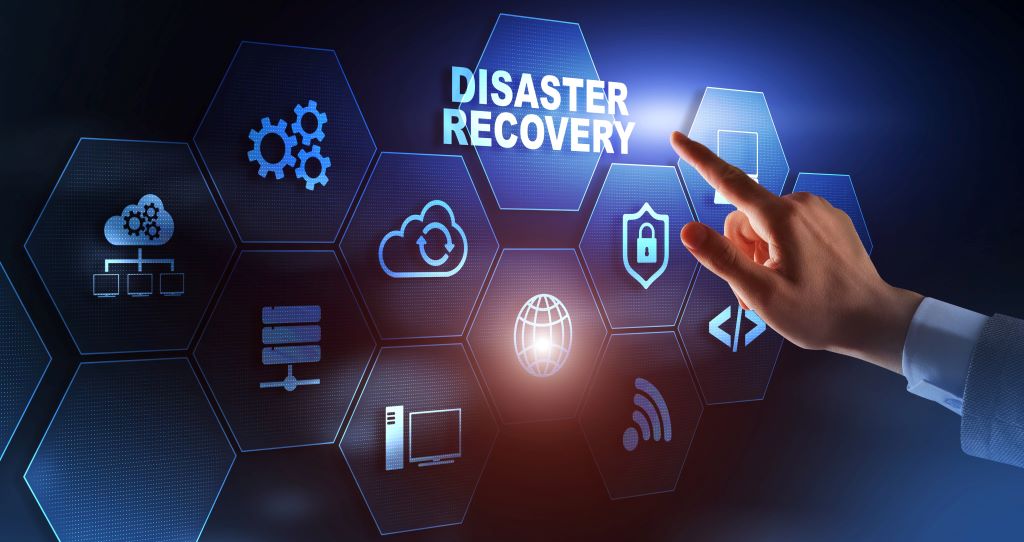You’ve just received your ISO certification – congratulations! Your achievement signifies your business’s commitment to delivering quality services, processes, and customer satisfaction. But how involved are your staff? Do they understand the importance of ISO, beyond celebrating your certification? In this article, we will look at practical ways to inspire your team and motivate them by fostering a culture of pride, engagement and continuous development.
Convey the value of ISO certification:
Educate your team members about the reasons for and benefits of obtaining an ISO certificate. Moreover, demonstrate how it aligns with your organisation’s goals and values. Bring to life its merits, such as enhanced processes, better customer satisfaction and a boost to your brand’s reputation. Also, highlight how your ISO standard(s) will go hand-in-hand with creating a better work environment while contributing towards the success of your business as a whole.
Train and involve your employees:
Invest in employee training programs related to ISO standards, which will enable everyone to understand their roles and responsibilities in maintaining compliance. Encourage active participation by empowering staff to contribute to process improvement initiatives, internal audits, and ISO-related activities. Inevitably, this involvement will build a sense of ownership and collaboration, making your people feel valued and integral to the company’s ISO certification journey and overall success.
Give recognition and rewards:
Do any of your staff consistently contribute to maintaining your ISO standard(s)? If so, make sure to acknowledge individual members’ efforts. Where employees regularly suggest innovative ideas for improving processes or actively participate in audits, recognise them. Perhaps consider adding these activities as objectives within employee performance frameworks to reinforce how important they are to your business. Also, you could implement an employee recognition program, rewarding valuable contributions towards maintaining a healthy workplace and supporting regulatory compliance.
Use internal communication channels:
Nobody likes to feel in the dark. In fact, businesses with an open and transparent culture have measurably lower staff turnover. So, keep employees informed through effective internal communication channels. By providing clear updates about ongoing improvements or developments your teams will feel more invested in your success. And, importantly, by encouraging employees to ask questions, give feedback and share their experiences you can track staff engagement and sentiment, to support you in building your culture of collaboration and growth.
“Celebrating your company’s ISO certification goes well beyond simply displaying a certificate on a wall. It’s a great opportunity to generate engagement, understanding and participation from your entire team so that it becomes a cornerstone of your business’ continued success.”
Claire Howard, Director of ISO-Cert Online Ltd
Not yet ISO certified?
For more information on ISO-Cert Online’s services or to discuss your requirements please contact us on 0333 014 7720 or email info@isocertonline.net.



















Recent Comments